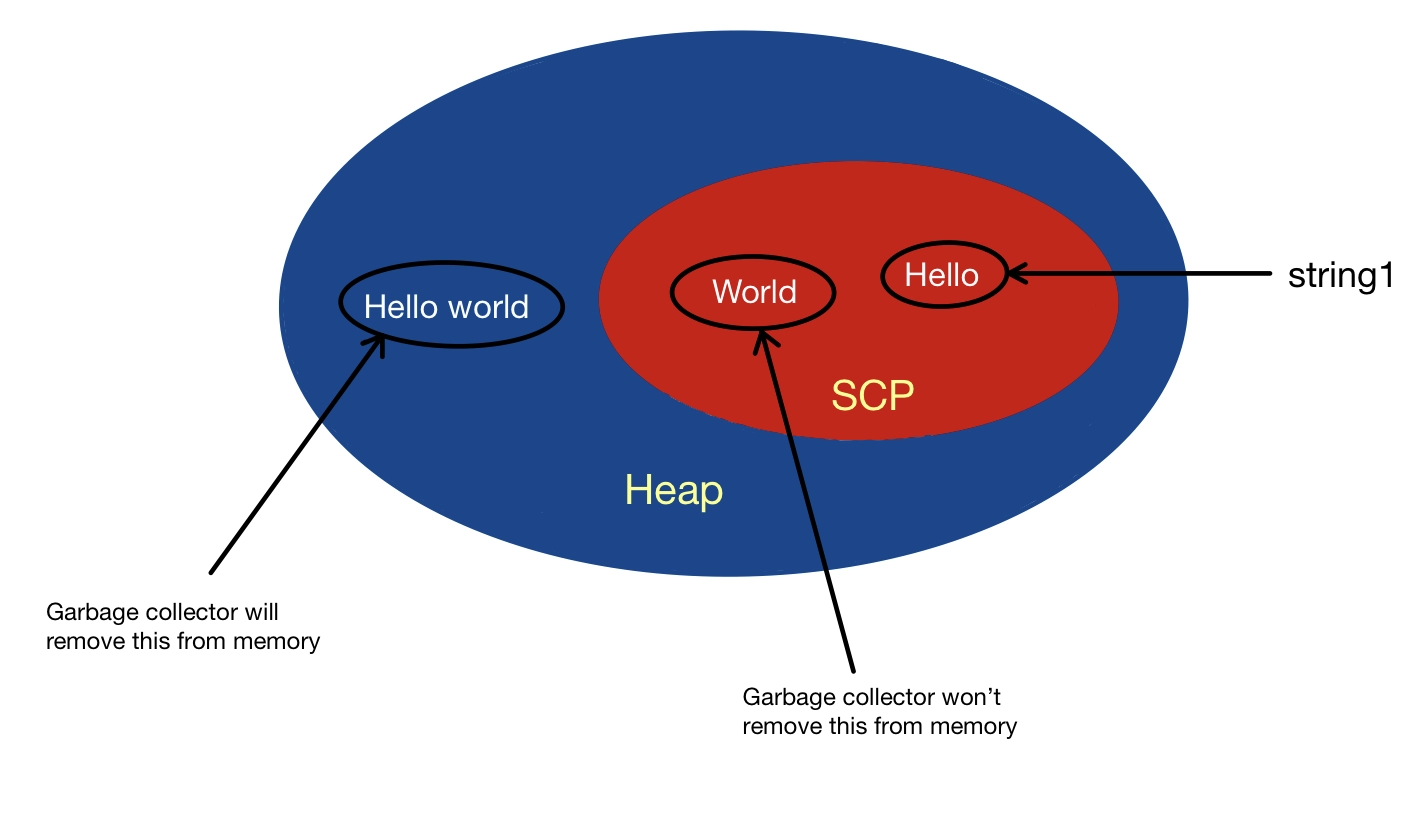What Is Immutable Strings and How It Works
In the realm of shows, recognizing the idea of immutable strings is extremely important for producing secure and durable applications. Unalterable strings refer to strings that can not be modified after they are created, guaranteeing data honesty and predictability within the code.
The Essentials of Unalterable Strings
Immutable strings, as a basic idea in shows, are personality series that can not be transformed once they are created. This suggests that as soon as a string is assigned a worth, that value can not be altered. In languages like Python and Java, strings are unalterable items, bring about different effects in regards to memory administration and information honesty.
One of the crucial advantages of unalterable strings is that they offer a feeling of protection in information manipulation. Because the material of an unalterable string can not be modified, it makes certain that the initial information stays intact, minimizing the danger of unintended modifications during program implementation (Why are strings immutable in Java?). This home additionally streamlines debugging procedures, as developers can trust that once a string is specified, its worth will not be inadvertently changed
When a brand-new string is created based on an existing one, instead than customizing the initial string, the new value is stored individually. On the whole, recognizing the fundamentals of immutable strings is vital for mastering programming concepts and enhancing code effectiveness.
Advantages of Unalterable Strings
Building upon the security and effectiveness benefits of unalterable strings, their advantages expand to boosting code integrity and simplifying concurrent programs jobs. By being immutable, strings can not be modified after production, which eliminates the risk of unintentional modifications in the data they store. This inherent immutability ensures that as soon as a string is developed, its worth continues to be constant throughout the program's execution, decreasing the possibilities of insects triggered by unexpected changes.
Furthermore, immutable strings add to code dependability by making it simpler to reason regarding the state of a program. Given that strings can not be changed, programmers can trust that a string will constantly hold the exact same worth, streamlining debugging and upkeep initiatives. This predictability brings about more steady and dependable codebases.

Execution in Programs Languages
Within different programs languages, the incorporation of immutable strings is an essential element that influences how information is taken care of and controlled within code structures. The application of unalterable strings varies across various shows languages, with each language offering its own systems to sustain this concept.

On the other hand, languages like C and C++ do not have built-in support for unalterable strings. Developers in these languages need to by hand implement immutability by implementing rules within their code to avoid direct modifications to string things.
Finest Practices for Dealing With Unalterable Strings
When managing visit this website unalterable strings in programming languages like Java and Python, adhering to finest practices makes certain protected and reliable data control. One of the key finest techniques is to make use of StringBuilder or StringBuffer rather of straight adjusting strings, particularly when handling extensive concatenation operations. These courses provide mutable alternatives for string control, aiding to avoid unneeded memory allotments and improving performance.
Furthermore, when functioning with delicate data such as about his passwords or API tricks, it is important to prevent keeping them as simple message in unalterable strings. Utilizing protected storage systems like char varieties or specialized libraries for managing delicate details assists alleviate protection threats associated with unalterable strings.
Real-world Applications and Examples
Discovering sensible implementations of immutable strings in numerous markets discloses their considerable influence on data honesty and system dependability. In the health care sector, unalterable strings play a crucial duty in ensuring the safety and privacy of patient information. By protecting against unauthorized adjustments to sensitive information such as medical records and prescriptions, unalterable strings assist preserve compliance with rigorous personal privacy policies like HIPAA.
Monetary organizations likewise profit from the immutable nature of strings to improve the security of customer information and purchase records. Immutable strings help protect against fraudulence and unauthorized alterations to monetary details, providing a robust protection against cyber threats and making sure the trust and self-confidence of clients.
Verdict
Finest techniques for working with unalterable strings consist of avoiding straight adjustments and using techniques that return brand-new string items. Real-world applications of unalterable strings consist of data encryption, caching, and string manipulation jobs.
Unalterable strings refer to strings that can not be modified after they are created, guaranteeing data integrity and predictability within the code. When a brand-new string is created based on an existing one, instead than changing the initial string, the new worth is saved individually.In languages like Java and Python, strings are immutable by default, indicating that as soon as a string object is produced, its value can not be transformed - Why are strings immutable in Java?. Finest techniques for functioning with unalterable strings consist of preventing direct modifications and utilizing approaches that return new string items. Real-world applications of immutable strings consist of information security, caching, and string adjustment jobs
Comments on “Why Are Strings Immutable in Java? Recognizing the Core Principles”